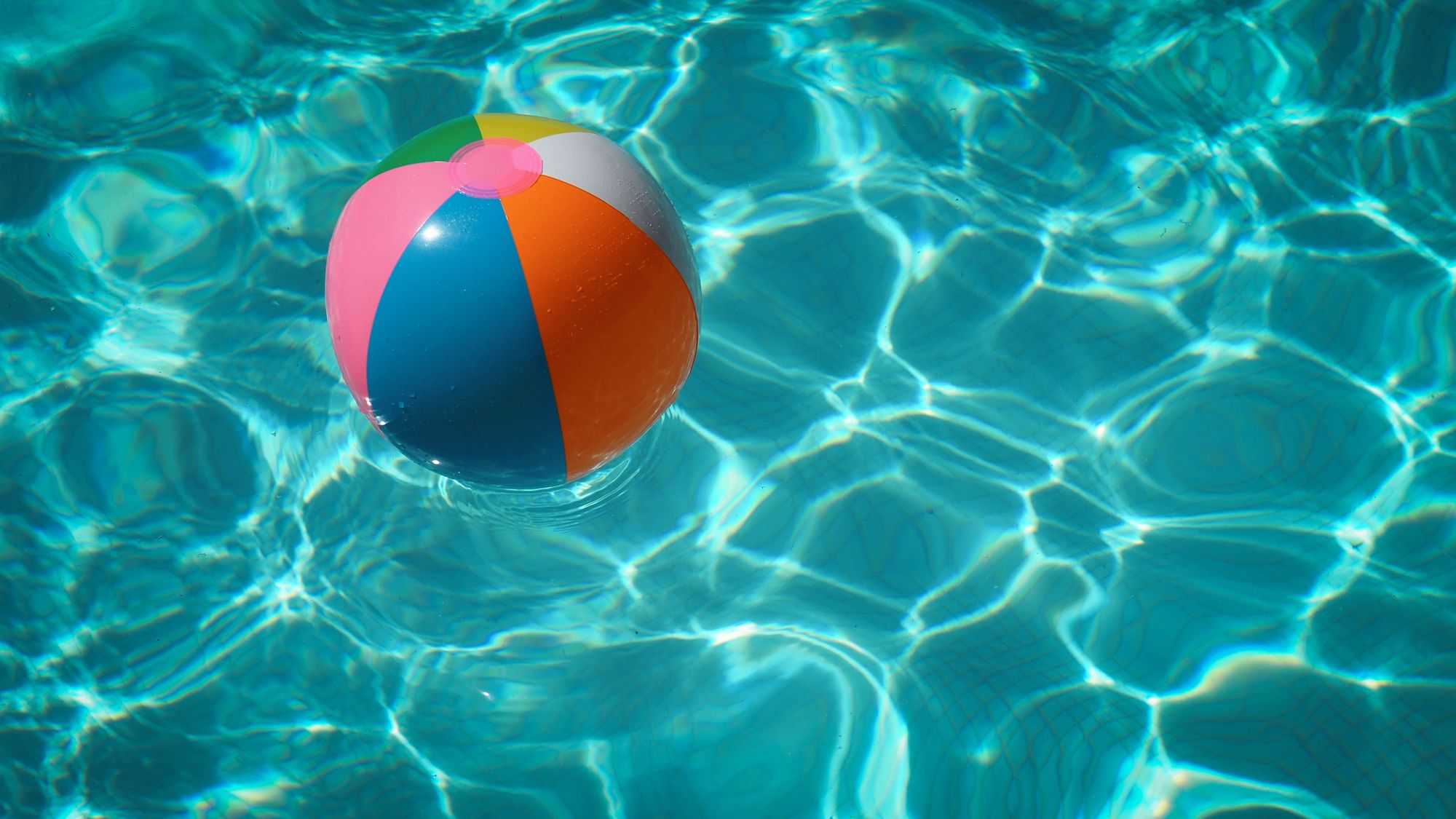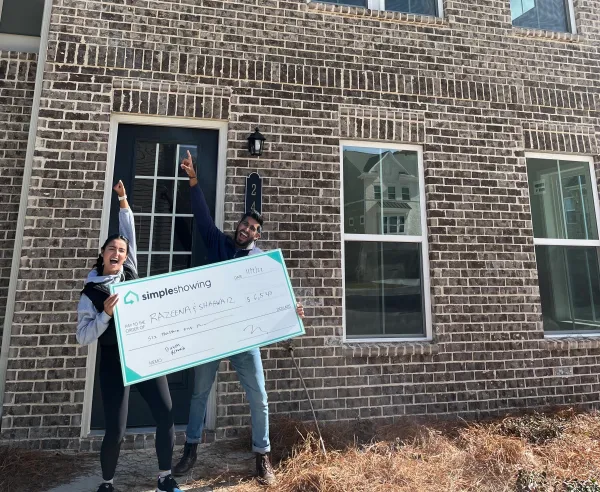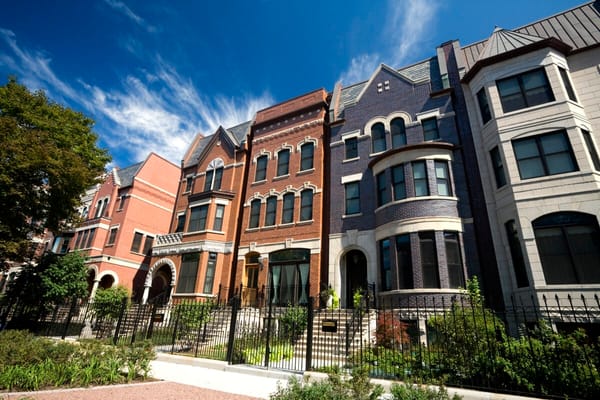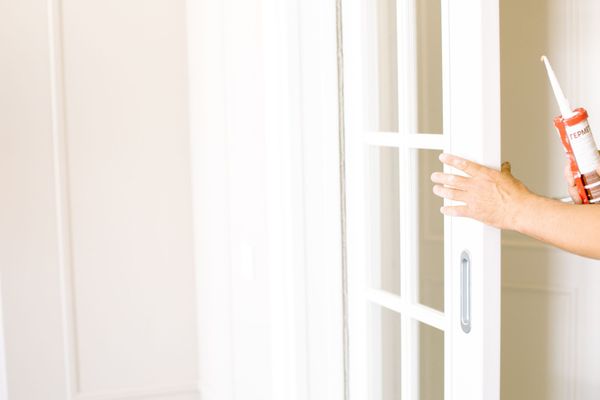On hot summer days, there’s nothing like jumping in the water to cool off and have fun.
With a pool of your own, you can literally do this whenever you want.
No driving to a nearby body of water.
No sharing a public pool with strangers.
The pool is right there whenever you need it.
Still, while that’s quite the luxury, many people are hesitant about installing one because they don’t know if pools add value to homes.
4 Pool-Related Costs You Have to Consider
The actual cost of a swimming pool depends mostly on how big it is, though you have to consider other important factors, as well.
For the most part, swimming pools cost between $50 and $125 per square foot. As a result, most pools cost between $28,000 and $55,000.
So, at that price, do pools add value to homes?
Let’s first break down the factors that most contribute to those costs.
1. Building Costs
Building the pool is just one cost you’ll have to cover before you can actually begin enjoying it. As you’re probably aware, every state has laws that require fences around pools. Most go a lot further than that, though, in terms of how high they must be, signs that must be posted, and distance from the actual pool itself.
That last factor is important to consider, because you may need to pour a considerable amount of concrete before you have enough room separating your pool from the fence.
There are also the materials for the pool itself. Gunite, a combination of cement and sand, has become the most popular option and commands the highest price per square foot. On the other end of the spectrum, you have fiberglass and vinyl liners.
You’ll save money in the short term with a liner, but they have to be replaced every 10 years or so (which requires replacing the edging, as well), making them more expensive as the years go by. This is why most homebuyers are advised to demand the homeowner replace their pool’s lining as a contingency. So, even if you don’t plan on living in the house for 20 years, you’ll have to replace the liner at least once upon selling it.
If you don’t have enough space, installing a stainless plunge pool would be a good idea. It’s relatively easy to install and maintain. It’s sleek and modern-looking and can add a lot of aesthetic appeal to a property. Many homeowners love stainless plunge pools because of their durability and resistance to corrosion. People love them because the heated water is therapeutic. It can help to relieve stress, muscle tension, and inflammation.
Being typically smaller in size, plunge pools are cheaper to install and maintain than concrete or gunite pools, which can cost upward of $100,000.
2. Insurance Costs
Your current homeowner’s insurance policy may already cover your pool.
Nonetheless, even if you aren’t required to add a separate rider, it’s still a good idea to increase your liability coverage just in case.
Most insurance companies will only charge you about $30 a year to increase the coverage from $100,000 to as much as $500,000.
3. Filtration and Heating Costs
If you don’t properly filter your pool, it will quickly become an eyesore. Worse, it will become unusable. Worse than that, you could find that some of the local wildlife have decided to move in and aren’t too amenable to the idea of ever leaving.
That’s why you have to run your pool’s filter eight hours a day.
Fortunately, today’s variable-speed pumps are much more affordable to run than their single-speed predecessors, saving you as much as 80% on energy costs. Still, that’s another $500 that you’ll need to spend upfront.
Depending on where you live, you’ll need to heat your pool, as well. Gas heaters look like the best deals on paper because they’re cheap and inexpensive to install, but operation and maintenance costs will quickly add up.
Electric heaters take a bit longer to warm up your pool and will cost more to purchase, but they can easily save you $200 to $400 per pool season.
4. Upkeep Costs
Proper upkeep of your pool needs to be a priority, or it will only be a matter of time before you are faced with expensive repairs.
Once again, the cost of maintaining a pool will largely depend on its size.
The good news is that you can either do the work yourself or decide to hire a professional to handle cleaning it and maintaining its water quality. Many homeowners opt for some combination of the two, taking care of regular cleaning on their own but outsourcing the more technical aspects of pool maintenance.
On average, pool maintenance costs about $80 to $120 per month. That covers everything from chemical testing the water, manually cleaning the pool, and servicing the filter. So, even if you don’t feel like doing any maintenance tasks, it’s fairly affordable to have a professional handle them for you.
When Do Pools Add Value to Homes?
While adding a pool to your house will cost you tens of thousands of dollars, maintaining, insuring, and filtering it actually isn’t too expensive.
Furthermore, plenty of homeowners would say they don’t care what the resale value is for their pool. To them, it’s worth it to have one on hot summer days for hosting get-togethers or simply having fun as a family.
That said, it’s also extremely difficult to estimate the resale value of a pool without knowing other unique characteristics about the home in question.
For example, if you live in a neighborhood where pools are commonplace, paying for a pool may be your best chance to sell it at a decent price.
Financial expert Dave Damsey identifies four other conditions under which pools add value to homes:
- You live in a warmer climate like Florida, Arizona or Hawaii where you can enjoy a pool year-round.
- The pool doesn’t take up your entire yard—there’s still room for a swing set and a garden.
- The style of the pool fits with your home and neighborhood, and it’s well maintained.
- You can attract a buyer who wants a pool in their new home.
Under those conditions, pools could add up to 7% to your home’s resale value.
Looking for a Home with a Pool?
Of course, if you’re in the market for a house, all you really need to worry about are the aforementioned ongoing costs and how popular pools are in the area. An experienced real estate agent will be able to help you with understanding the latter.
At SimpleShowing, we connect buyers like you with the types of real estate agents who can address these kinds of important questions. Even better, when you use our platform to book home showings, you could earn back as much as $15,000 when you close through our Buyer Refund Program.
To learn more about how it all works, just contact us today.






